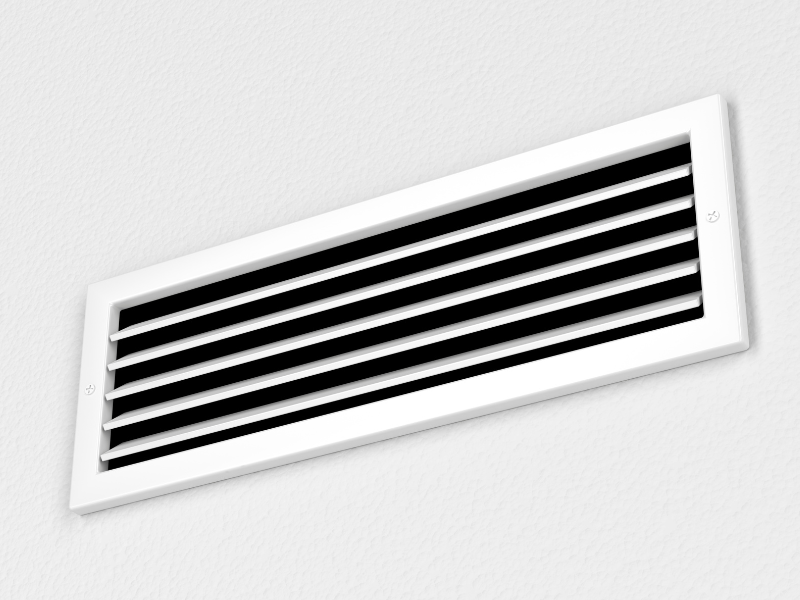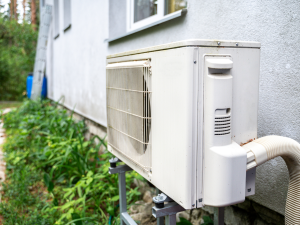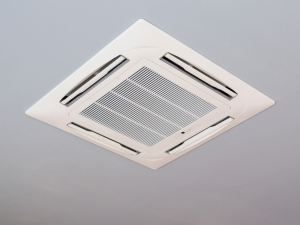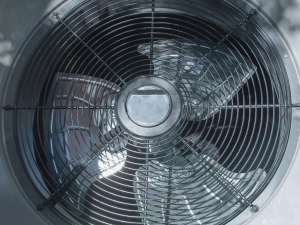A good air conditioner is one of the key parts of any home. During the heat of summer, people turn on their air conditioners as a way to cool down, whether it’s at home or at work.
Though it can take quite a bit of power, depending on the type of AC, the systems still provide effective cooling to ensure that living at home, working at an office or going to classes is as comfortable as possible. Too much heat can reduce productivity, so ACs are incredibly useful.
There can be a few occasions, though, where you find that your air conditioner’s vents suddenly have moisture over them. When it comes to air conditioners and their entire systems, it’s hard to tell whether or not the moisture from the condensation would cause damage to it, if it hasn’t already.
Depending on the age of your home and what the materials make up your air ducts are, air vent condensation can either be not as severe as you might think, or it could be something to watch out for.
This article covers why condensation forms on your air conditioner’s vents, how to get rid of it and how to prevent any condensation from forming in the future. If you try any of these solutions and they don’t work, if you need repairs on your current AC, or if you simply want to get a new one installed, call Clover Contracting or visit our website.
Why is there condensation on my AC vents and what can I do about it?
The simplest way to understand why there’s condensation on your AC’s vents is to first understand what condensation itself is. If you don’t remember much from your old elementary school science classes, condensation is the fine layer of water droplets that form on cool surfaces.
Though it tends to be seen far more often during the summer, the main cause is often hot air coming into contact with a cold surface, like sitting outside during the summer with a cold soda. The same thing can happen when you release warm, moist air into a cold room; like taking a hot shower.
However, condensation only truly comes into play when the right amount of heat – and lack thereof – come into contact with each other. When it comes to your air conditioner, condensation can happen in exactly the same way as it would with a cold can of soda.
If you’ve set your thermostat to a low temperature during the summer, and the air inside is significantly warmer, condensation is more than likely going to form. The air blowing out of your AC vents is often cold enough to attract and form droplets of water when the hot air comes into contact with it and you get condensation on vents.
What causes condensation on AC vent components?
Here are some of the causes of condensation in AC vents:
A lack of proper insulation
One of the possible causes that you’re finding air vent condensation is due to bad insulation. Mostly a cause of condensation in older houses, the lack of insulation around the ducts leads to more hot or warm air coming into contact with the colder metal ducts.
While newer houses use their insulation as a barrier between the hot air and the cool air the AC pushes around the house and its ducts, older houses with less don’t have that same protection. Sooner or later, that condensation can form all along the ducts and can even form on the vents as well.
Dirty air filters
Condensation on the air conditioner’s vents can also be a sign that the current air filter you have installed is dirty or not the right one for the AC. If your air filter is dirty, less air is brought to the main parts of the system, forcing the air conditioner to take in more air to make up for the lack.
This, however, means that less air is pulled in again, and the AC needs to work harder in order to make up for the decreased cooling. The entire process repeats until the air conditioner starts to overheat.
The heat from this process creates more heat which in turn comes into contact with the cooler air that’s made. Eventually, the heat from the overheating travels up to your home’s or business’ vents and can create enough air vent condensation to be noticeable.
Is the condensation bad for my vents?
Depending on the cause of the air vent condensation and how long it’s left alone, the answer can change. Newer houses won’t face the same level of drastic problems and harm that an older home would, thanks to the newer construction technology put into them.
But they do still have to deal with issues that can lower the building and the air conditioner’s value and efficiency. In some cases, leaving the condensation and what caused it unaddressed could cause further damage to both the building and its occupants.
Whenever moisture is created outside of a closed system, whether it’s a spill or even just condensation, mold and mildew is always considered a high risk possibility. The mold can eat away at the surrounding surfaces, causing structural damage while also posing a health risk due to spores.
Too much moisture alone can cause structural damage if the building is older and made primarily from wood. Even the insulation used to act as a barrier can be negatively affected by any condensation.
Preventing air vent condensation
The best, most reliable way is to find what’s causing the condensation and fixing it. Dirty filters are one of the easiest causes that don’t require home and business owners to call in a professional to solve. All that’s needed is the proper measurements for your building’s air filters. Then, simply buy a new filter that’s appropriately sized and with the best thickness for your specific building.
The other possible causes of your air vents condensation – a lack of proper insulation or blocked ducts – can only be fixed properly by someone with the proper training.
Our AC technicians from Clover Contracting are available all day and all week, so you don’t need to wait to get your issue fixed as soon as possible. You can also check your home or business’ indoor humidity levels and, if they’re too high, get a dehumidifier as a way to help solve the issue.




